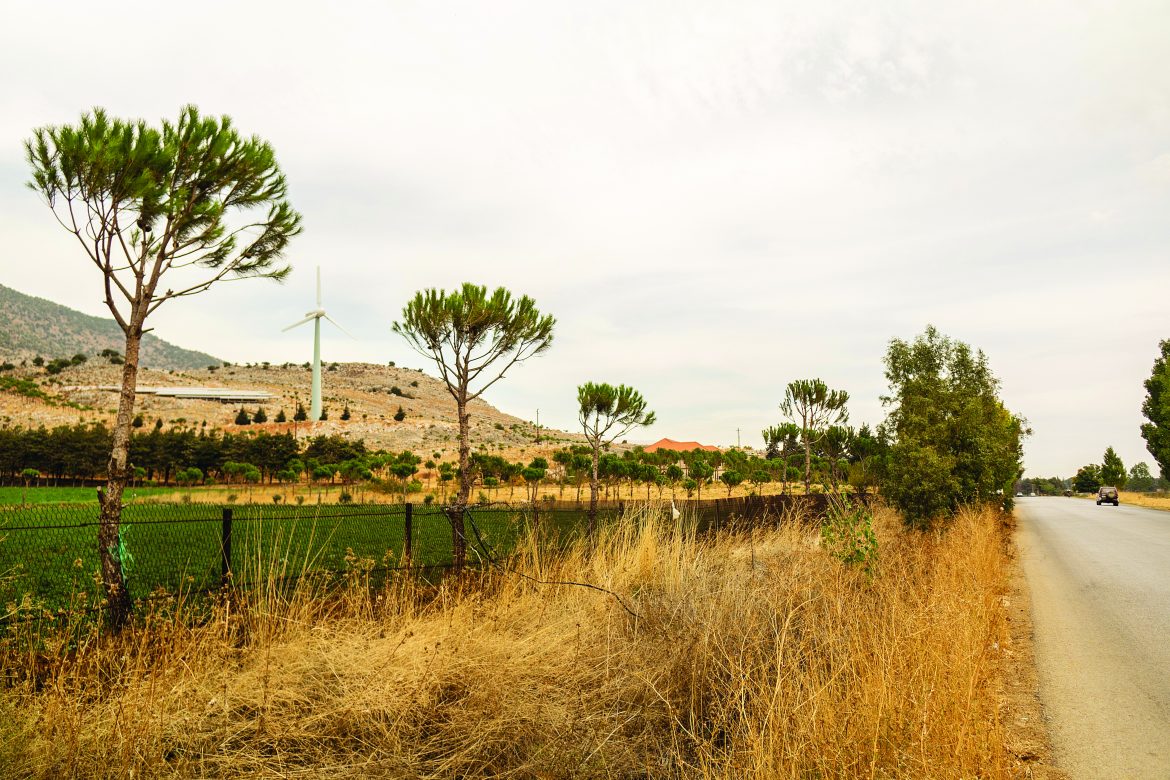Left in the wind for now
written by Salah M. Tabbara
Salah M. Tabbara
Salah Tabbara is co-founder and managing partner of the 82.5MW Sustainable Akkar wind project and is currently renewable energy advisor to several institutions and enterprises in the Middle East. In addition, he is the Group CEO of Limag Holding, a privately owned business group with interests in construction, energy, and the environment. Based in Beirut with a focus on the MENA region, Tabbara has 15 years of experience in project development startups. He earned a bachelors degree of Commerce in International Business and a certificate in International Trade from Concordia University in Canada. Tabbara is on the board of several businesses and cultural associations in Lebanon.

